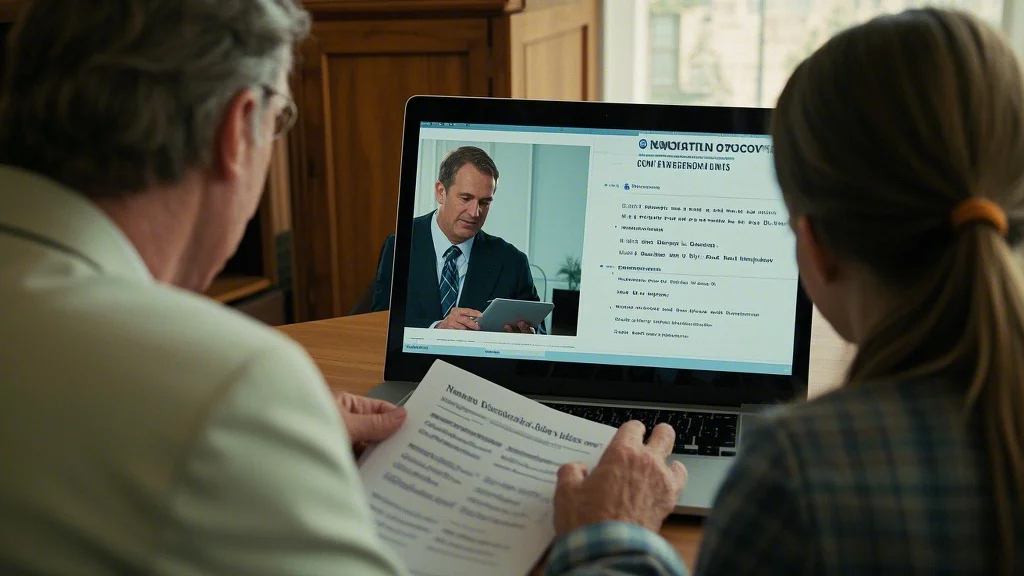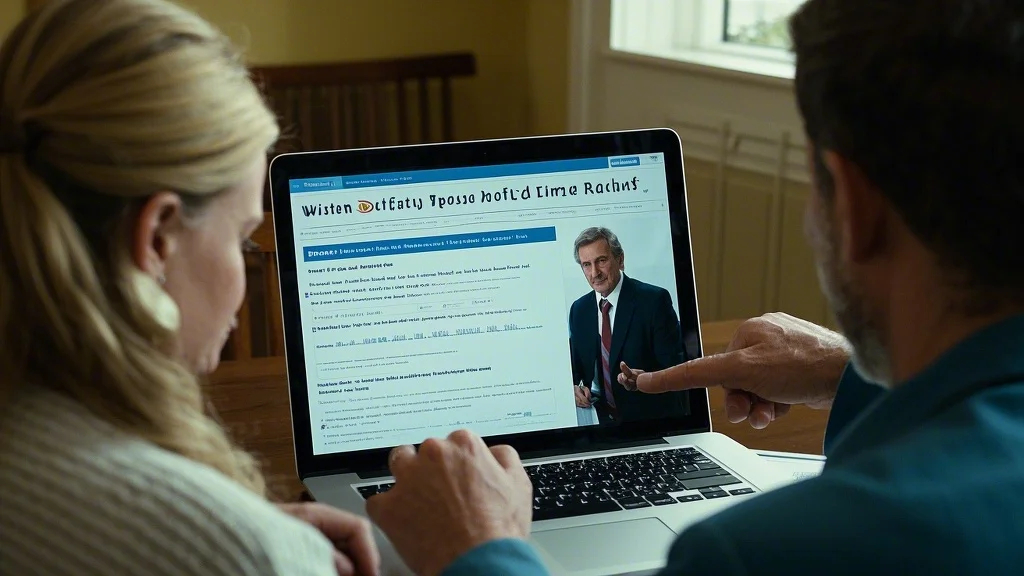Smart Strategies for Getting the Best Car Insurance Quotes
Your credit score plays a surprisingly large role in determining auto insurance premiums in most states. Improving your credit by paying down debts and correcting errors on your report could lower your rates more than any other single factor. If you’ve recently paid off a car loan or significantly improved your credit score, it’s worth requesting new quotes to capitalize on these positive changes. Some insurers weigh credit history more heavily than others, so poor credit doesn’t necessarily mean you’re stuck with exorbitant rates.
Maximizing Discounts for Professionals and Safe Drivers
Many professionals qualify for special auto insurance discounts for professionals that aren’t widely advertised. Engineers, accountants, teachers, and healthcare workers often receive preferential rates from insurers who consider these occupations lower risk. Professional association memberships sometimes include access to group insurance programs with discounted rates. Recent graduates may qualify for good student discounts extending several years past college if they maintain high GPAs in graduate programs.
Safe driving remains the most reliable way to how to lower your insurance premiums over time. Telematics programs that monitor your driving habits through mobile apps or installed devices can lead to substantial discounts for those with good habits. These usage-based insurance programs typically evaluate factors like hard braking, nighttime driving, and total mileage. Some insurers offer immediate discounts just for enrolling, with potential for greater savings at renewal if your driving data proves favorable.
Bundling multiple policies with the same insurer often yields the most noticeable discounts. Combining auto and homeowners insurance might save 15-25%, while adding an umbrella policy could unlock additional savings. However, don’t assume bundling always provides the best deal – periodically compare standalone policies to ensure your bundle remains competitive. Some insurers offer “multi-car” discounts that make adding a teen driver slightly less painful, though premiums will still increase significantly with inexperienced operators in the household.

Creative Ways to Reduce Your Insurance Costs
Beyond standard discounts, several lesser-known strategies can help how to lower your insurance premiums without sacrificing coverage. Increasing your deductible from $500 to $1,000 could reduce your premium by 15% or more, provided you have savings to cover the higher out-of-pocket cost if needed. Removing collision and comprehensive coverage on older vehicles worth less than ten times the annual premium often makes financial sense. Paying your premium in full rather than monthly installments typically saves 3-5% by avoiding installment fees.
Low-mileage discounts benefit those who work from home or use public transportation frequently. Some insurers offer pay-per-mile programs that can dramatically reduce costs for drivers who log fewer than 7,000 miles annually. Retirees and those who’ve completed defensive driving courses may qualify for additional rate reductions. Even your vehicle’s color can impact premiums in some cases, with flashy sports cars in bright colors often costing more to insure than sedate models in conservative colors.
For professionals who use their vehicles for business purposes, ensuring you have the right classification is crucial. Ride-share drivers need special endorsements, while those who simply commute to an office may be overpaying if their policy incorrectly lists the vehicle as used for business. Review your policy’s declared use annually to avoid either inadequate coverage or unnecessary premium expenses.
Renters Insurance Considerations for Comprehensive Protection
While searching for best car insurance quotes, don’t overlook the importance of renters insurance comparison. This affordable coverage protects your personal property and provides liability protection often excluded from auto policies. Bundling renters insurance with your auto policy can unlock additional discounts that make both policies more affordable. Most renters policies cost less than $20 monthly but provide $30,000 or more in personal property coverage plus $100,000+ in liability protection.
Quality renters insurance covers much more than just stolen electronics or fire damage. Many policies include additional living expenses if your rental becomes uninhabitable, covering hotel costs during repairs. Liability coverage protects you if someone is injured in your home and decides to sue. Some policies even cover items stolen from your vehicle, filling a gap in auto insurance coverage. When comparing policies, look for replacement cost coverage rather than actual cash value, which accounts for depreciation.
Special endorsements can cover high-value items like jewelry, musical instruments, or professional equipment that might exceed standard policy limits. Renters who work from home should consider adding business property coverage, as most standard policies exclude items used primarily for work purposes. These small additions to a basic renters policy can prevent major financial losses while often costing just a few dollars more per month.
Insurance Solutions for Small Business Owners
Entrepreneurs and independent contractors need specialized small business insurance advice to properly protect their ventures. Commercial auto insurance becomes necessary if you regularly transport equipment, make deliveries, or have employees driving for business purposes. The distinction between personal and commercial use significantly impacts coverage needs and premium costs. Even rideshare drivers and food delivery workers need special endorsements or separate policies, as personal auto insurance typically excludes payment for accidents occurring during commercial activities.
Business owners who use personal vehicles for work purposes should consider hired and non-owned auto insurance (HNOA), which covers liability when employees or the business owner uses vehicles not owned by the company. This relatively inexpensive coverage can prevent devastating lawsuits that could otherwise pierce corporate veils and threaten personal assets. The cost is often modest compared to the protection it provides, especially for businesses that can’t justify purchasing dedicated commercial vehicles.
General liability insurance complements auto coverage by protecting against other business risks like customer injuries at your location or advertising injuries. Product liability coverage is essential for businesses selling physical goods. These policies work together to create comprehensive protection that preserves both personal and business assets. Consulting with an insurance professional who understands your specific industry can help identify the right combination of coverages without unnecessary overlap or gaps.
Navigating Insurance After Life Changes
Major life events often signal the ideal time to shop for best car insurance quotes. Marriage frequently leads to lower premiums, especially for young men whose rates typically decrease more than women’s after tying the knot. Adding a teen driver will inevitably increase costs, but good student discounts and choosing the right vehicle can mitigate the impact. Some insurers offer distant student discounts if your child attends college more than 100 miles from home without regular access to the insured vehicle.
Retirement presents another opportunity for savings, as reduced commuting typically qualifies you for lower rates. Downsizing to a single vehicle or moving to a location with lower theft and accident statistics can also reduce premiums. Conversely, purchasing a new home might require adjusting coverage limits or adding umbrella protection to safeguard your increased net worth. Regularly reviewing your policies after life changes ensures your coverage remains appropriate and cost-effective.
Improving your insurance score – a metric similar to but distinct from your credit score – can lead to better rates over time. This score considers factors like your claims history, length of continuous coverage, and payment patterns. Avoiding small claims when possible, maintaining consistent coverage without lapses, and paying premiums on time all contribute to a favorable insurance score that insurers reward with lower rates.
Implementing a Comprehensive Insurance Strategy
Creating complete financial protection involves more than just finding the cheapest best car insurance quotes. A holistic approach coordinates auto, renters or homeowners, umbrella, and business policies to eliminate gaps while avoiding redundant coverage. Higher liability limits on auto policies provide better protection against lawsuits, with umbrella policies kicking in when those limits are exhausted. These layers of coverage work together to safeguard your assets more effectively than any single policy could.
Working with an independent insurance agent who can access multiple carriers often yields better results than dealing with captive agents or online portals alone. These professionals understand which insurers offer the most favorable rates for your specific profile and can advocate for you at claim time. They’re also invaluable for small business insurance advice, helping navigate complex commercial coverage needs that extend beyond personal insurance considerations.
Documenting your assets thoroughly simplifies the insurance process and ensures adequate coverage. Maintain photos or videos of valuable possessions, keep receipts for major purchases, and update your policy declarations annually. This preparation makes claim settlements faster and more accurate when needed. Storing this documentation securely in the cloud ensures it survives disasters that might destroy physical copies.
Periodic policy reviews – at least annually or after major life changes – keep your coverage aligned with your evolving needs. Insurance isn’t a set-it-and-forget-it product but rather an ongoing component of sound financial management. By taking a proactive approach to insurance shopping and maintenance, you can secure quality protection at competitive rates while avoiding unpleasant surprises when you need to file a claim.
